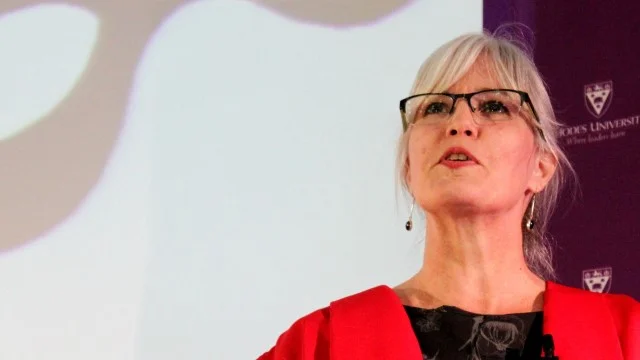
By Professor Sioux McKenna
In a recent University World News piece entitled ‘THE’ rankings: What happens to universities that leave?, Richard Holmes published an insightful response to an article by Times Higher Education staff which warned that universities refusing to participate in rankings would suffer reputational damage.
Holmes notes that several universities are boycotting various rankings:
Times Higher Education (THE) appears to be getting rather worried about leading universities such as Rhodes University (South Africa), the University of Zurich (Switzerland), Utrecht University (the Netherlands) and some of the Indian Institutes of Technology boycotting its World University Rankings (WUR) and not submitting data.
Ascertaining the effects of refusing to participate in rankings is difficult because the methodologies they use are shrouded in mystery. Nonetheless, Holmes’ analysis of six Indian Institutes of Technology that have boycotted the rankings compared to six similar Institutes of Technology in India remaining in them allows him to conclude that:
... there seems to be little downside to boycotting THE WUR, and there could be some risk in staying, especially for institutions that have over-invested in specific metrics … so far there seems little reason to fear leaving the THE WUR.
This is a useful analysis and alerts universities to the danger of playing the rankings game by targeting specific metrics. If the subjective weighting of these metrics is tweaked by the ranking company, as has happened at various times, then these universities find themselves toppling down the list – even though their activities have not changed in the slightest.
I have elsewhere suggested that even if there are short-term benefits to participating in university rankings, these need to be held up against the long-term damage of universities playing a game that has consistently been shown to be unscientific – surely a dangerous activity in an era where many are already questioning the value of the higher education sector.
How can higher education build public trust when it feeds a multi-billion-dollar industry built on smoke and mirrors?

